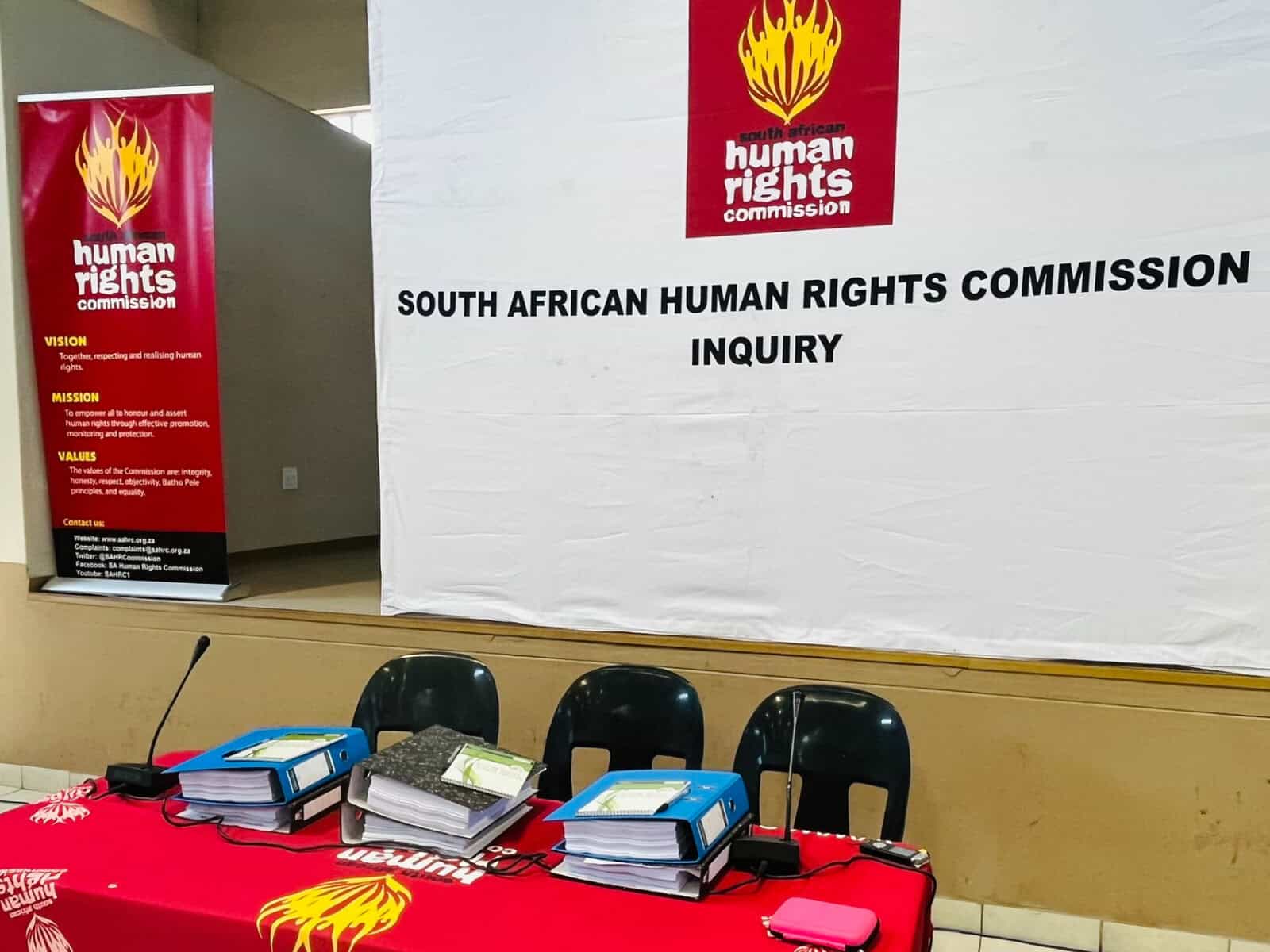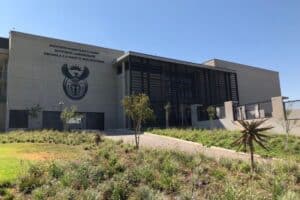The year-on-year number of complaints finalised by the SAHRC increased by 9%, while the commission took on 50% more legal cases than expected.

The South African Human Rights Commission (SAHRC) has highlighted a growing number of people reporting a violation of their rights and dignity.
The commission’s recent 2024-25 annual report showed an increase in rights violation cases as well as an increase in the number of cases that required legal intervention.
In terms of the SAHRC’s own performance, the commission achieved its highest percentage of targets met; however, it missed out on resolving 37% of the audit findings from the previous year.
20 human rights reports per day
SAHRC chairperson Chris Nission stated that there had been an increase in complaints regarding service delivery and inequality, most notably around water, sanitation and healthcare services.
The report explained that persistent socio-economic pressures were fuelling the existing challenges in South African society.
“The [year] was defined by deepening poverty, inequality, unemployment, and violence, all of which continued to hinder the full realisation of human rights across the country,” the report read.
The commission stated that it finalised 7 516 complaints and enquiries for the 2024-25 financial year, averaging 20 per day for the whole calendar year.
This was the highest number in the previous five years, but cases had hovered between 6 600 and 7 100 for the past five years.
The finalisation of these cases resulted in redress mechanisms being provided in instances where human rights had been violated or threatened.
A combined target of 20 000 redress mechanisms provided was set for the last five years, with the commission stating that “due to improved efficiency in complaints handling, the commission finalised more complaints and enquiries than anticipated”.
Additionally, 125 “rapid response” initiatives were implemented by the commission.
Budget and funding
When taking matters to court, the commission had an annual target for litigious matters set at 14 annually and exceeded that by 50%, enrolling 21 legal proceedings.
“Increased issues of human rights violations and opportunities for litigation were presented during the ordinary course of the commission’s work,” the report explained.
To achieve their goals, the SAHRC had a budget of R228 million for the financial year, which it overspent by R2.3 million.
R120 million was earmarked for promotional campaigns, R13 million for monitoring purposes and R9 million for the “protection of human rights”.
The commission spent at least R9.2 million on remuneration for the chairperson, deputy chair and six commissioners, as well as R24.9 million on salaries for 17 senior managers.
Funding came in the form of R203 million from government grants and subsidies and R200 000 in the form of donations.
Shortcomings and successes
A previous audit made 149 findings, of which only 63% were resolved, with the commission admitting a “need for enhanced internal controls and audit responsiveness”.
Another blip on the commission’s record was the failure of a planned pilot project to implement a mobile digital complaint management application at provincial offices.
On the failure to meet previous audit findings, the commission’s report states the reason is “inaccurate reporting by business units, which compromised effective tracking and accountability”.
Notable successes in the Eastern Cape include the SAHRC assisting with the fallout of the Enyobeni tavern tragedy, where it helped uncover zoning, building and liquor licensing violations.
This resulted in new restrictions for taverns, an awareness campaign on underage drinking and the demolition of an illegal tavern.
Also in the Eastern Cape, it assisted in reducing missed birth registrations by 6% and motivated the allocation of R269 million for malnourished households.
In the North West, the commission assisted with work to rectify incomplete housing projects, resolved several improper eviction-related matters and systemic challenges with scholar transport provision.
Additionally, there were two separate equality court proceedings relating to the use of the k-word, where the complainants secured compensation of R25 000 each.
In the Free State, the SAHRC tackled “highly divisive, outrightly offensive” comments made by a guest lecturer at the University of Free State and handled a hate speech based on sexual orientation case against a former member of parliament.
NOW READ: Here’s when Flotilla detainees are set to arrive back in SA, and who’s footing the bill






